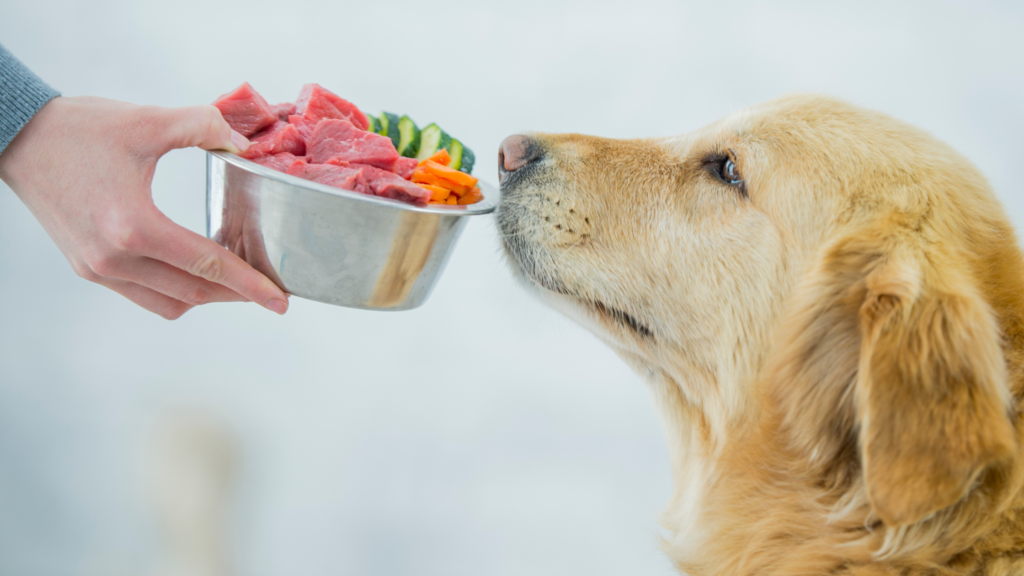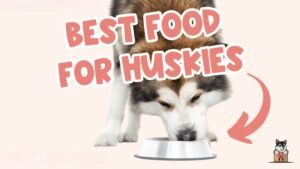






A balanced pet diet is essential for maintaining your furry companion’s health, energy, and happiness. Pets, like humans, require a proper balance of nutrients to thrive. Creating a diet plan tailored to your pet’s needs ensures they receive all the essential vitamins, minerals, and proteins they need for optimal health. This guide will walk you through crafting the perfect balanced diet plan for your pet, whether it’s a dog, cat, or another beloved animal.

Every pet is unique, and their nutritional requirements can vary based on their species, breed, age, weight, activity level, and overall health. However, some general principles apply to most pets.

Before making any changes to your pet’s diet, consult a veterinarian. They can assess your pet’s health and recommend a diet tailored to their specific needs.
Calculate the daily caloric intake your pet requires based on their age, weight, and activity level. Overfeeding can lead to obesity, while underfeeding can result in malnutrition.
Always opt for fresh, high-quality ingredients. Avoid artificial additives, preservatives, and fillers, which can negatively impact your pet’s health.
Ensure your pet’s diet includes the right proportion of proteins, fats, and carbohydrates:
Fruits and vegetables provide essential vitamins and fiber. Some safe options include:

Homemade meals are an excellent way to control what goes into your pet’s diet. Here’s a sample meal plan for dogs and cats:
If you choose commercial pet food, ensure it meets the nutritional standards set by organizations like the Association of American Feed Control Officials (AAFCO). Look for:

Proper hydration is often overlooked but is crucial for your pet’s health. Always provide fresh, clean water and monitor their water intake. Dehydration can lead to serious health issues like kidney problems.
Sometimes, diet alone may not provide all the nutrients your pet needs. Supplements like omega-3 fatty acids, probiotics, and multivitamins can fill nutritional gaps. Always consult your vet before adding supplements to their diet.
Also Read :- Persian Cat Food Guide: Top Picks and Nutrition Secrets
5 Must-Have Toys for Labrador Retrievers: Keep Your Lab Happy and Healthy
Older pets may require diets lower in calories and higher in joint-supporting nutrients like glucosamine and chondroitin.
High-energy pets, such as working dogs, need calorie-dense foods rich in protein and fats.
Pets with allergies, diabetes, or kidney issues often require specialized diets. Work closely with your vet to create a plan.
A well-planned diet has numerous benefits, including:
Creating a balanced pet diet is an essential responsibility for every pet owner. By understanding your pet’s unique nutritional needs and carefully planning their meals, you can ensure they live a long, healthy, and happy life. Whether you opt for homemade meals or high-quality commercial food, the key is to provide a balanced, nutrient-rich diet tailored to your pet’s specific needs.
Chicken, fish, and turkey are excellent protein sources for pets.
Yes, certain fruits and vegetables like carrots and blueberries are safe and beneficial for pets.
Most adult pets need two meals a day, but this can vary based on their breed and activity level.
Supplements can be beneficial but should only be used under veterinary guidance.
Avoid foods like chocolate, onions, garlic, and anything with artificial sweeteners like xylitol.




